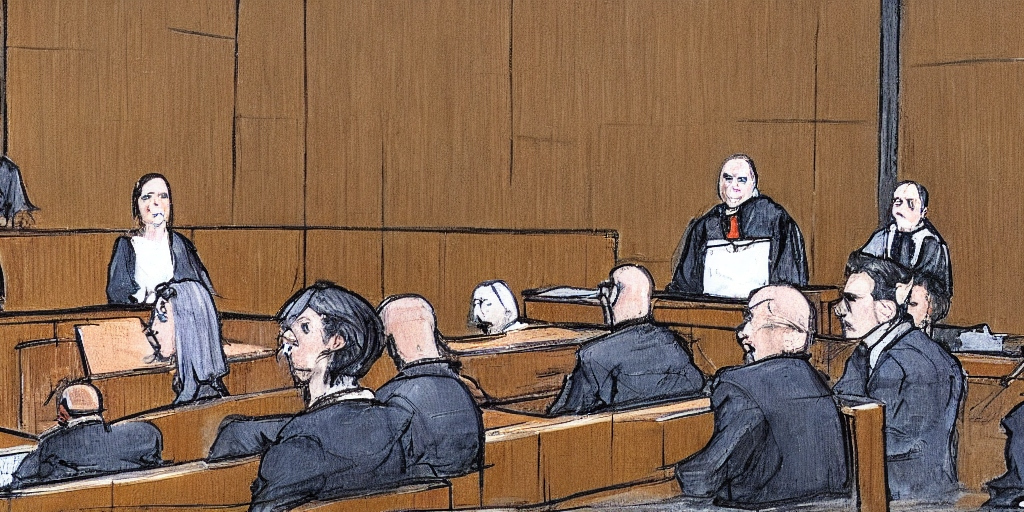Perjury Lawyer in Winnipeg

What is Perjury?
Perjury is when a person for the purposing of misleading intentionally makes a false statement under oath or solemn affirmation, by affidavit or orally. This offence is taken very seriously by judges as it affects the administration of justice and the court’s truth finding function. Perjury charges are often laid in conjunction with other charges, such as public mischief, providing a false statement, and obstructing justice. The charge of perjury most commonly arise in the following circumstances:
- in the context of domestic violence charges, when a complainant lies to the court when giving evidence against their partner when he or she is being prosecuted and the complainant doesn’t want their partner convicted;
- when a witness give false evidence at trial in order to try to protect a family member or friend;
- by providing a false alibi for someone to the police or at trial in an attempt to protect a family member or friend; and,
- in the context of a fraud, when a person provides a false sworn affidavit in order to commit insurance fraud.
In order for the Crown Attorney to convict an accused of perjury, the following elements of the offence must be proven beyond a reasonable doubt:
- evidence of the original oral statement, record of prior hearing, or false affidavit;
- that the original oral statement, record of prior hearing, or false affidavit was made under oath or solemn affirmation;
- that the accused statement was misleading; and,
- the accused intended to mislead by providing a false statement.
Obtaining Bail When Charged with Perjury
It can be difficult to obtain bail when you are charged with perjury. Simply put, a judge is going to have a hard time believing an accused will abide conditions of release when the allegation is that the accused mislead the court. While not deciding guilt or innocence, the judge will be careful to only release in circumstances under which he or she is satisfied the accused will pose no further threat to the administration of justice. A successful bail plan will minimize a judge’s worries and may include strict curfew conditions, and/or GPS ankle-monitoring.
Perjury Sentencing
Perjury is a strictly indictable offence, which reflect the serious nature of the charge. The maximum penalty is a 14 year jail sentence. In most cases, the Crown Attorney will be seeking a period of custody between 9 months and 2 years. The judges focus on sentencing will be on denunciation and deterrence. Factors the judge will take into consideration when sentencing an offender include:
- the relative seriousness of the offence with respect to which the perjured testimony was given;
- the effect, if any, on the outcome of the trial by reason of the perjured evidence;
- whether the testimony dealt with a vital part of the evidence;
- whether the perjured evidence led to the implication of an innocent person in a crime, which would ordinarily be a most aggravating factor; and,
- whether the perjury was planned and deliberate or the result of a sudden temptation in the course of giving evidence.
Defending Perjury Charges
I will thoroughly assess all of the disclosure generated during the course of the police’s investigation to determine possible weaknesses in the Crown’s case. In most cases of perjury, the accused cannot be convicted on the evidence of only one witness. However, in case where the Crown Attorney is heavily relying upon documentary evidence to prove their case, an accused can be found guilty with only a single witness.
While not exhaustive, I will explore the following issues when reviewing your case:
- Was the statement made under oath or sworn affirmation?
- Did you believe the statement to be true?
- Was your statement made with the intention to mislead?
- Did you make the statement under duress?
Get a free consultation
Send Josh your case and your contact information to get a Free Initial consultation on how to proceed.
